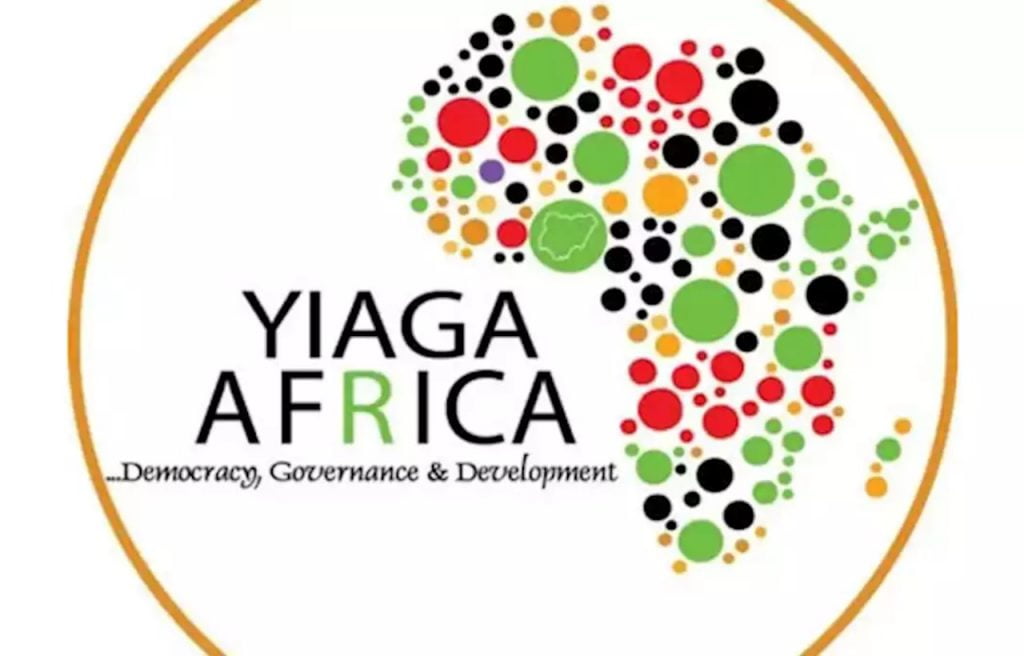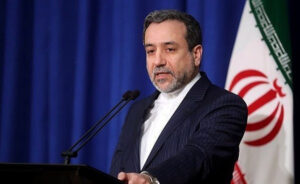
The Director of Yiaga Africa, Samson Itodo, has criticised the proposed bill seeking to enforce compulsory voting in Nigeria, labelling the imposition of a six-month jail term for non-compliance as “draconian” and a threat to democratic freedoms.
The bill, which aims to amend the Electoral Act 2022 to make voting mandatory for all eligible Nigerians, recently passed its second reading in the House of Representatives. It is jointly sponsored by Speaker Tajudeen Abbas and Daniel Ago, who argued during Thursday’s plenary that the legislation would boost citizens’ participation in elections and reduce voter apathy.
Speaking during an interview on Channels Television’s Politics Today, Itodo acknowledged that compulsory voting is practised in countries like Australia. However, he maintained that the proposed Nigerian model is flawed. “Nigeria will not be the first country that practices compulsory voting,” he said. “Australia practices compulsory voting, but here is my take: I understand the rationale behind that proposed bill, which is to encourage massive turnout at elections. Nigeria has the lowest turnout in elections in the whole of Africa, despite having the highest number of registered voters. Twenty-five per cent turnout in the last election is abysmally poor.”
While expressing support for increasing voter turnout, Itodo argued that coercion through jail terms undermines democratic principles. “Compelling and imposing a six-month jail term is draconian in every respect. It undermines the freedom to participate in the electoral process,” he said. “That bill amounts to legislative overkill. I don’t think it will pass. We cannot compel participation because not participating is also a form of political expression that needs to be recognised.”
He further suggested that genuine electoral reform would focus on restoring trust in the process and ensuring that votes count. “If the National Assembly is genuinely seeking ways to boost election turnout, it should prioritise electoral integrity. When people trust that their votes will count, they will show up,” Itodo added.
According to him, good governance is equally crucial. “When elected officials deliver on their promises and address the needs of the people, voter apathy will naturally decline,” he argued. “But when people stand in long queues to vote, only to watch those they elect misuse power and neglect their responsibilities, they become disillusioned. People feel voting is a waste of time when leaders abuse the power entrusted to them.”
Itodo’s stance underscores the broader debate on electoral reforms in Nigeria, questioning whether compulsory voting is the solution to voter apathy or a step toward authoritarianism.






